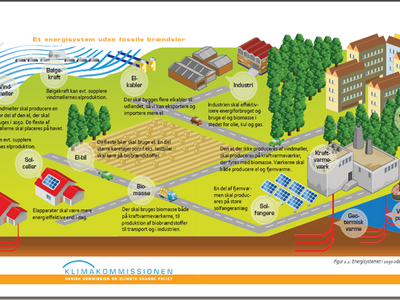Course is carried out in project form, either individually or in groups of two technology students. Projects deal with energy and sustainability problems that are commonly found in society, with a focus on sustainable solutions and business development. The objective of the project is to integrate technology with requirements on sustainable social, economic, and environmental development.
Teachers in the course provide appropriate projects at the beginning of the course. Projects can be provided by industry or from a research team, but are mainly carried out at KTH. Teachers are also supervisors for projects.
Work should document in the form of a written report. Normally, it is written in Swedish with an abstract in English. It is allowed to write report in English.
Intermediate and final seminars are compulsory components. At the final seminar, the student should, besides orally presenting his/her work, also review on another student´s degree project work. Furthermore, written parts of the report should be handed in during the course, with content as agreed with supervisor.
According to KTH's established criteria to pass a degree project for a Bachelor's degree, the student should be able to:
- demonstrate knowledge of the disciplinary foundation of the chosen subject area, applicable methods and orientation in current research and development and show advanced knowledge within some part of the subject area
- demonstrate the ability to search, collect and use relevant information critically and identify one's needs of additional knowledge
- demonstrate the ability to formulate, assess and handle problems and critically discuss phenomena, issues and situations
- demonstrate the ability to plan and carry out assignments with applicable methods within given time frames
- demonstrate the ability to account for and discuss information, problems and solutions, orally and in writing in dialogue with different groups
- demonstrate the ability to make assessments considering relevant scientific, social and ethical aspects
- show the skills that are required for working independently within some part of the technical field of study
- show the skills that are required for working independently at the interface between energy systems and sustainable development as well as industrial economics and management in the technical field of study
